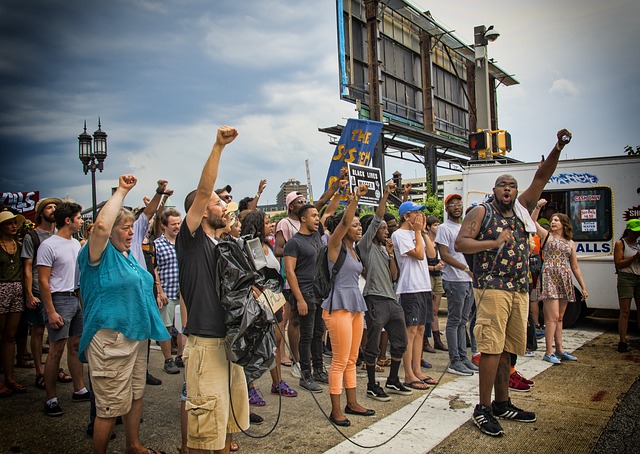
The inhabitant of a city is known as a citizen.
Citizen is one or that belonging to or relating to the city . A city, on the other hand, is an urban area that has a high population density and whose inhabitants (citizens) do not usually engage in agricultural activity.
The citizen, therefore, is the one who lives in a city . They generally work in industry or in the service sector, as opposed to the peasant , who lives in the countryside and is dedicated to rural tasks.
Citizen as a subject of political rights
The term is currently used to name the individual as a subject of political rights . This means that the citizen intervenes in the political life of his community by exercising these rights . Citizenship also implies a series of duties and obligations.
In ancient times, the city was the most important political unit . That is why today, with the State as the main political unit, subjects of political rights continue to be named as citizens.
Identity and community belonging
This use of the concept ultimately transcends the fact of living in a city. A person who lives in a rural town will be a citizen as long as he or she has political rights. Conversely, an inhabitant of an urban area with these rights violated cannot be considered a full citizen.
The notion of being a citizen contributes to the development of identity and the sense of belonging to a community. The person must exercise their citizenship responsibly , demanding respect for their rights and, at the same time, fulfilling their obligations. In this way a democratic and more just society is built.

A citizen is a subject of political rights who intervenes in community life.
The good citizen
A good starting point to build a community based on the principles of respect and solidarity is individual effort despite the immediate consequences, perseverance in the exercise of good with the hope of infecting one's environment and enhancing that renewing force that so many It has sometimes proven to be our most valuable resource.
Broadly speaking, there is a series of fundamental points that make a person an exemplary citizen, a healthy unit that works towards the progress of all, and these can serve as a self-assessment to ensure at every step that you are respecting and enforcing respect. The rights granted by citizenship :
* promote environmental care;
* maintain a consistent line of action, treating others the same way we expect to be treated;
* not act outside the limits of the Law;
* propose as many changes as we consider necessary to improve the quality of life in the city, always with a constructive attitude;
* avoid violence whenever possible, prioritizing dialogue as a means of conflict resolution;
* respect the rights of other living beings;
* be a participant in life in the city, its history and its decisions, enjoying its good times and helping to rebuild it during its toughest crises;
* value other citizens, respect the role they occupy and their opinions.
Citizenship documentation
It is worth mentioning that being a citizen does not imply being a native of a place, but rather responds to two fundamental factors: documentation and identity. Under the Law, a person must meet a series of requirements to be considered a citizen, among which is direct or indirect descent from another citizen, with different limitations in each country. But there is also a feeling in each person that represents their bond with a territory, and this exceeds the legal situation.
However, the points just presented should be understood as the basis of good coexistence with the rest of living beings, regardless of their origin and ours, considering that we are all citizens of the world and that we only have a tiny space in it. he.
